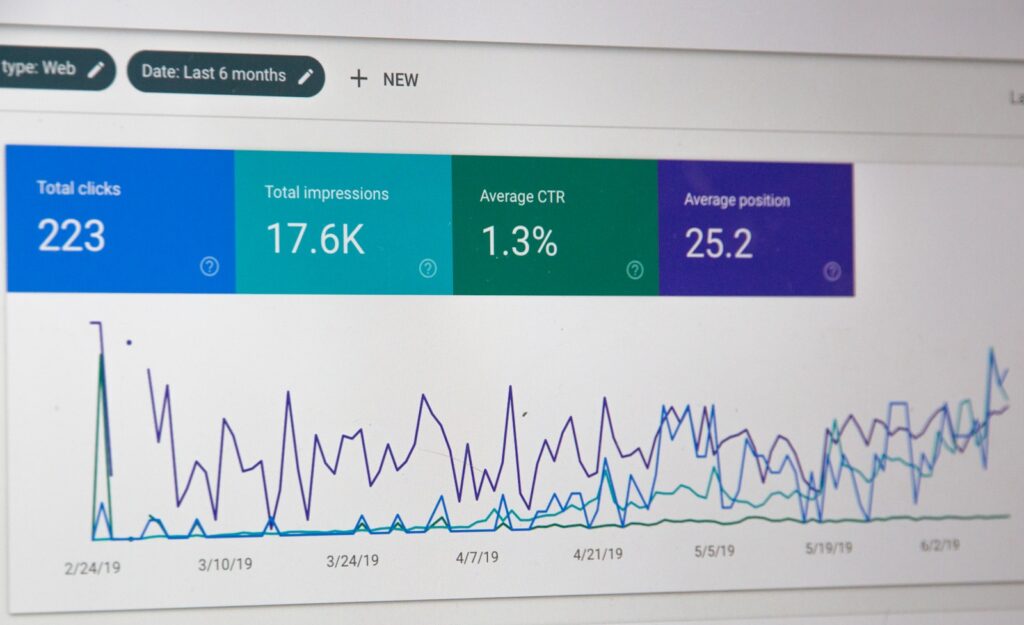SEO for Small Business: Where to Start
What is SEO for Small Business?
SEO for small business is a process of optimizing your website and content to rank higher in search engine results pages (SERPs). This can help you attract more organic traffic to your website, which can lead to more leads and sales. You should also consider checking out our article on The Art of Conversion: Mastering Website Copywriting for Small Business Success for more information on how to build out your SEO strategy in regards to your website copy.

Why is SEO important for small businesses?
There are many benefits to SEO. Here are a few of the most important:
- Increased organic traffic: When you rank higher in search results, you’re more likely to be seen by potential customers.
- Increased brand awareness: When people see your website in search results, it helps to build your brand awareness.
- Increased leads and sales: When people visit your website, they’re more likely to convert into leads or customers.
- Improved ROI: It’s a cost-effective way to market your business.
How can small businesses get started with SEO?
There are a few things that small businesses can do to get started with Seach Engine Optimization. Here are a few tips:
- Keyword research: Identify the keywords that your target customers are using to search for products or services like yours.
- On-page optimization: Optimize your website’s content, titles, and meta descriptions for your target keywords.
- Off-page optimization: Build high-quality backlinks to your website from other websites.
- Technical SEO: Make sure your website is technically sound and easy for search engines to crawl and index.
What are some common SEO mistakes that small businesses make?
There are a few common mistakes that small businesses make when it comes to SEO for small business. Here are a few of them:
- Not doing keyword research: This is one of the most important steps in SEO for small business, but it’s often overlooked.
- Not optimizing your website’s content: Your website’s content should be relevant to your target keywords and should be well-written and informative.
- Not building high-quality backlinks: Backlinks are an important ranking factor, but it’s important to get backlinks from high-quality websites.
- Not tracking your results: It’s important to track your SEO for small business results so that you can see what’s working and what’s not.
What are some of the best tools for SEO for small business?
There are a number of great tools that can help you with your SEO for small business. Here are a few of them:
- Google Search Console: This free tool from Google allows you to see how your website is performing in search results.
- Google Analytics: This free tool from Google allows you to track your website traffic and see where it’s coming from.
- Ahrefs: This paid tool provides a comprehensive suite of SEO tools, including keyword research, competitor analysis, and backlink analysis.
- SEMrush: This paid tool provides a similar suite of SEO tools to Ahrefs.
Is SEO for small business worth it?
Yes, SEO for small business is definitely worth it. It’s a cost-effective way to market your business and attract new customers.
Conclusion
If you’re a small business owner, SEO for small business is an essential part of your marketing strategy. By following the tips in this article, you can improve your website’s visibility in search results and attract more customers. Want to get started with a website that covers your SEO basics at no additional cost? Look no further, start with Everyday Web’s Essential Website Package for only 2 installments of $500.
Additional resources
Here are some additional resources that you may find helpful:
